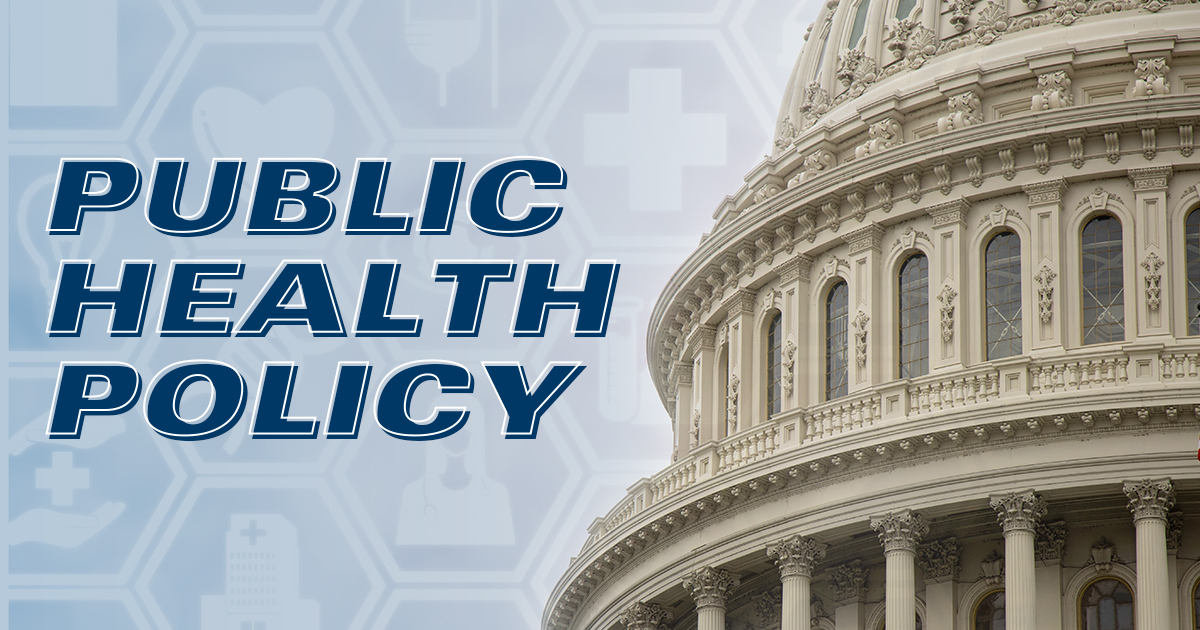
The public health policy minor is designed to supplement a student’s major, whether the major is natural science-related or not. Minoring in public health policy is ideal to complement a student’s training and education in biology, pre-pharmacy, pre-med, or other pre-professional healthcare fields. But these students aren’t the only ones who can minor in public health policy. Public health is a truly interdisciplinary field of study, and this is reflected in its curriculum.
The CDC defines public health as “the science of protecting and improving the health of people and their communities. This work is achieved by promoting healthy lifestyles, researching disease and injury prevention, and detecting, preventing and responding to infectious diseases.’’ Through this minor’s curriculum, you will be trained in how the policymaking process influences these goals and practices.
If you’re a current student and interested in learning more about the minor in public health policy, please contact Dr. Bailey at dbbailey@presby.edu.
You must complete 18-19 hours of coursework to earn a minor in public health policy. Two foundational courses are required; Public Health (PUBH) 329 provides students a broad understanding of the structure and dynamics of U.S. public health policy, and Public Health (PUBH) 201 introduces students to the principles of epidemiology to support population-based and community-health assessment and evaluation.
With a firm foundation in public health policy, you’ll then select 12 to 13 hours with courses in:
- biology
- economics/business administration
- philosophy
- psychology
- public policy
- sociology
Courses like Data Analytics I, Medical Ethics, and Lifespan Development show the range of topics you can study when you minor in public health policy. Click here to view the minor card »
PUBH 329 Public Health(care) Policy: This course will provide students an introduction to the structure and dynamics of US public health policy. We will first discuss the basics of US policymaking within our legal system, then continue with an examination of a number of critical issues in broader health policy including the government’s role in health care and public health, the health insurance system, and the gender, class, disability, and racial dimensions of the US public health and health care systems (offered every other fall).
PUBH 201 Intro to Epidemiology: A course that provides students an overview of the theory, methods, and applications of epidemiological research, particularly with regard to clinical investigations and public health intervention (offered every other spring).
The public health policy minor at PC helps pre-professional students acquire public health knowledge that complements their career paths. If you’re planning to pursue a career in something other than public health, you can also benefit from public health knowledge as you deliver services. A few examples of these career fields include:
- dentistry
- environmental studies
- health education
- medicine
- nursing
- nutritional science
- occupational therapy
- physician assistant
- psychology
According to the U.S. Bureau of Labor and Statistics, individuals in these career fields made between $35,000 to more than $120,000 a year.
Several PC graduates have gone on to successful careers in the field. A few include:
- Zach Braden ’01, Deputy Director of Management and Operations, Centers for Disease Control and Prevention
- Shelley Whitehead ’11, Senior Entomologist at Manatee County Mosquito Control
- Emily Witt ’13, Public Health Analyst, CACI International, Previously with CDC
- Courtney Bell Wood ’06, Management Analyst, National Institutes of Health
If you’re a current student and interested in learning more about the minor in public health policy, please contact Dr. Ben Bailey at dbbailey@presby.edu.

